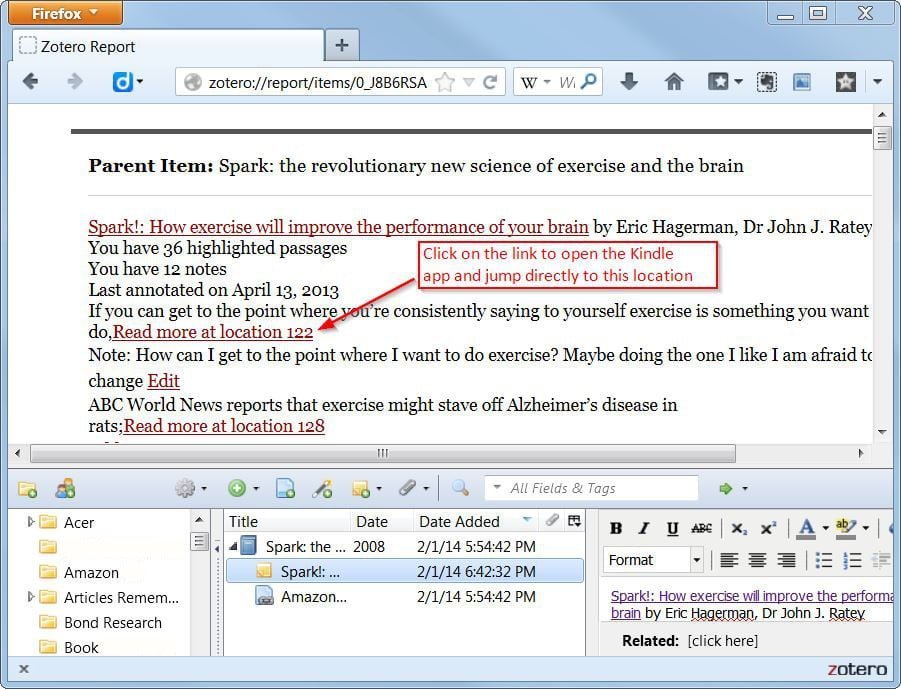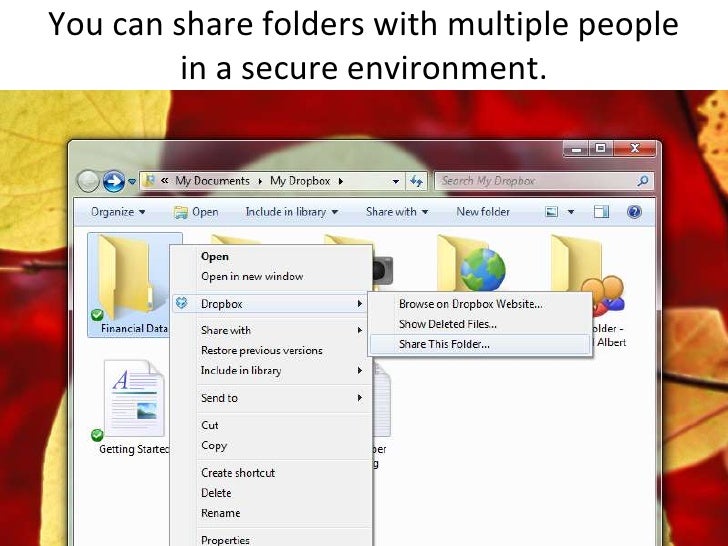| Zotero | Endnote | Endnote Basic | |
| Accessing Your Library | On personal computer or online | On personal computer | Online |
| Cost | Free | Free to IU students/ faculty/staff | Free to IU students/ faculty/staff |
| How to Get It | Download at http://zotero.org | Download from IUanyWare at http://iuanyware.iu.edu | Create free account at http://myendnoteweb.com |
| Ease of Use | Easy | Moderately easy | Moderately easy |
| Collaboration | Zotero users can collaborate through 'Groups' (Groups' collections can be open, closed, or private.) | Through EndNote Web | EndNote users can share collections, including PDFs and annotations ('Read Only' and 'Read & Write' options) |
| Getting Citations | Easy exporting from most library databases. Can capture good amount of bibliographic info from web sources Can add citations manually. | Easy exporting from most library databases and can search from within Endnote. Can import PDFs and capture some bibliographic info. Can add citations manually. | Easy exporting from library databases and can search from within Endnote. Can capture some bibliographic info from web sources. Can add citations manually. |
| Storage & Attachment Limits | Unlimited citations ~20GB of attachment storage (PDFs, images, etc.) | Unlimited citations Link and store attachments (up to 45 attachments per citation) | 50,000 citations 2GB of file storage |
| Locating Full Text | Yes, but not as easy as in EndNote. Click the 'Locate' button in the info pane for each citation. | Yes, click on the 'Find Full Text' link. Must have preferences set. | Does not locate full-text. Can save full-text and attach files. |
| Citing while Writing | Yes, with the Zotero MS-Word or OpenOffice plug-in installed | Yes, with the MS-Word 'Cite While You Write' plug-in installed | Yes, with the MS-Word 'Cite While You Write' plug-in installed. |
| Annotating PDFs | Not supported within Zotero, must use other software like Adobe Acrobat | Annotate within EndNote | Not supported within Endnote Basic. |

- Why and How I use Zotero for Academic Writing comparison with EndNote + Mendeley #Zotero #CrossRef (Long Title)A Reference Manager is another essential too.
- Balancing the need for intra and extratextual annotation with the sort of citation tree I covered in the last video, gives rise to a new set of infrastructur.
- This is a guide to bibliographic data formats that Zotero can work with. Most of these formats can be imported directly by Zotero, and some can be exported as well. Others are used only in conjunction with site translators and cannot be imported or exported directly. For information on getting records into your library by using these import.
- Zotero is great for genealogy for all of these reasons and more: It is free, with the stability and support of a university backing it up. Even if you are syncing to the Zotero cloud, you can do that for years on free storage, before you have to buy some. And when you do buy storage, it’s inexpensive and unlimited.
*Thank you to Purdue Libraries for permission to adapt portions of their comparison chart.
While writing my post on how I use Evernote, I considered why I chose to use it over keeping my dissertation notes organized in Zotero or DEVONthink Pro Office, the two other research managers that we’ve written about on the blog. So, the following is a brief overview of each application and reasons why you might want to use one over the other. So, if you’re trying to decide what application you might want to try out this may help you out!
DEVONthink Pro Office
Evan, our Web developer and blog contributor, swears by DEVONthink Pro Office for his dissertation research. You can read more about his thoughts on DEVONthink Pro Office by clicking on the above link to his post — but the gist is that he likes the way that tagging works with the program, its text searching and OCR (optical character recognition) capabilities, as well as its ability to handle the thousands of documents making up his personal dissertation archive.
Zotero instantly creates references and bibliographies for any text editor, and directly inside Word, LibreOffice, and Google Docs. With support for over 9,000 citation styles, you can format your work to match any style guide or publication.
I ultimately didn’t end up using DEVONthink Pro Office, although it sounds like a really useful program — mostly just because I’m doing a literary and film-based dissertation in American studies, and not a historical one like Evan’s. I have far less documents to deal with and don’t need such a powerful application. If I had the number of sources that Evan did (he says he has over 10,000 items!), I would probably use DEVONthink Pro Office rather than Evernote.
Zotero
Evernote And Zotero
Zotero’s a bit of an odd duck in this lineup — it’s not exactly a research manager in the same way that DEVONthink Pro Office and Evernote are. It’s a bibliographic manager in the first place, but within your saved sources you can take notes on them. The thing that I do like a lot about Zotero is how easy it is to collect sources once you install the browser add-on. However, I usually start using Zotero in order to make bibliographies towards the end of a project rather than using it the entire way through.
At this point in my own dissertation research, I don’t think I’ll be using Zotero for any note-taking, since Evernote and DEVONthink Pro Office are both designed more for that purpose and are more suited for it. But, I can imagine using Zotero for projects that required heavy source-collecting (for example, a historiographic essay, literature review, or perhaps even comprehensive exams).
Evernote

Right now I’ve been using Evernote for my dissertation research. I also use it to collect other bits from around the Internet. If I had a smartphone, I’d use Evernote with that too, and collect images, as well as probably get one of the Evernote smart notebooks, since I like to take notes by hand at times. Evernote has OCR also, and athough I don’t know how it compares to DEVONthink’s OCR, it has worked well for me so far. This helps me search the documents I’ve collected. I can also easily tag the items I’ve found, take notes on them as I collect them or after I’m looking them over. This makes organizing everything easy.
When I want to collect something from my browser (like a database search that was particularly fruitful) I just click on the web clipper icon in my browser and it will be saved for me to look at later. If I have a PDF or image that I want to save in Evernote, I can create a new note and drag and drop the PDF into the window — what I’m getting at here is that it really is simple to gather research. It’s so simple that I can spend my time thinking about what I’ve collected rather than getting distracted by an overly-complicated set of steps that I’d need to take to save something in a way that would make it useful later.

It’s Really About What Works Best For You
Connect Zotero And Evernote
As you can see, these three applications have similar functions, but are all designed (and optimized) for slightly different kinds of tasks. So, depending on what your particular project is, you might want to use one of the above applications over the other, or a completely different one (like Mendeley, for example, for more collaborative projects). Either way, I wish you happy researching!
If you’re interested in reading about organizing your research, you might find the following posts helpful: Organizing Your Research with DEVONthink Pro Office, Five Reasons to Use Evernote for Academic Research, and Doing Academic Research with Zotero.
Zotero Note
Related posts:
